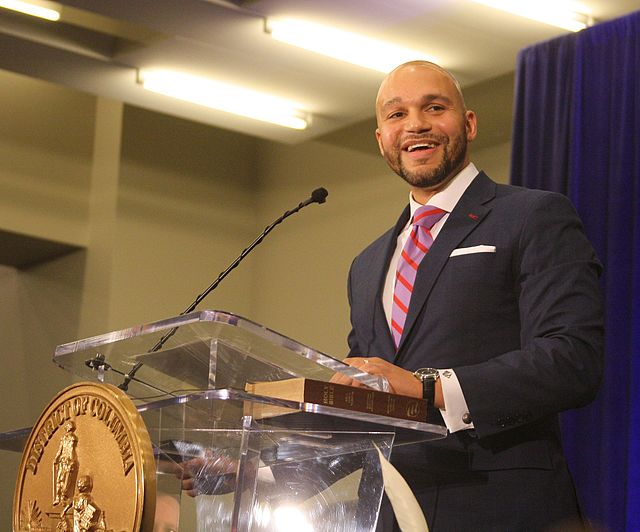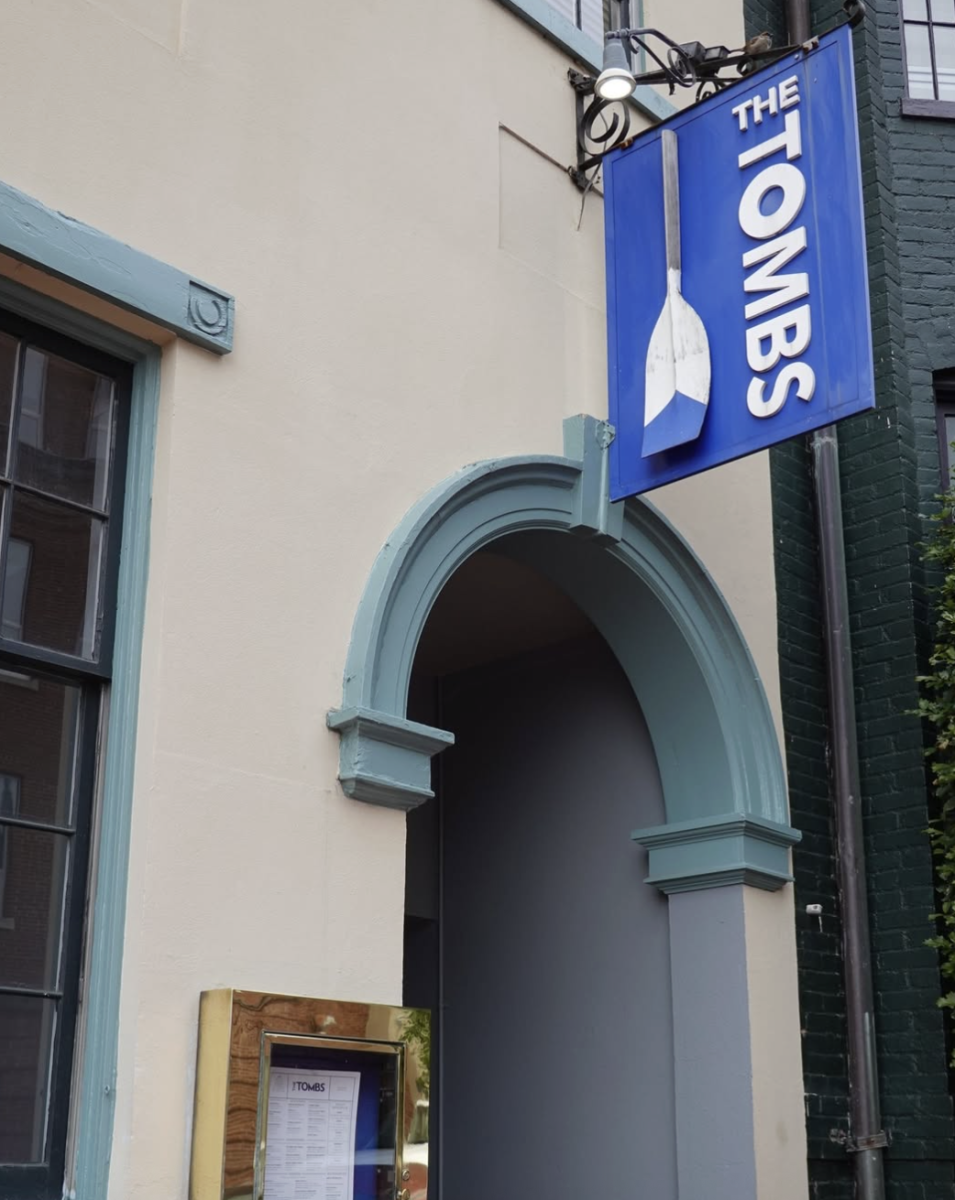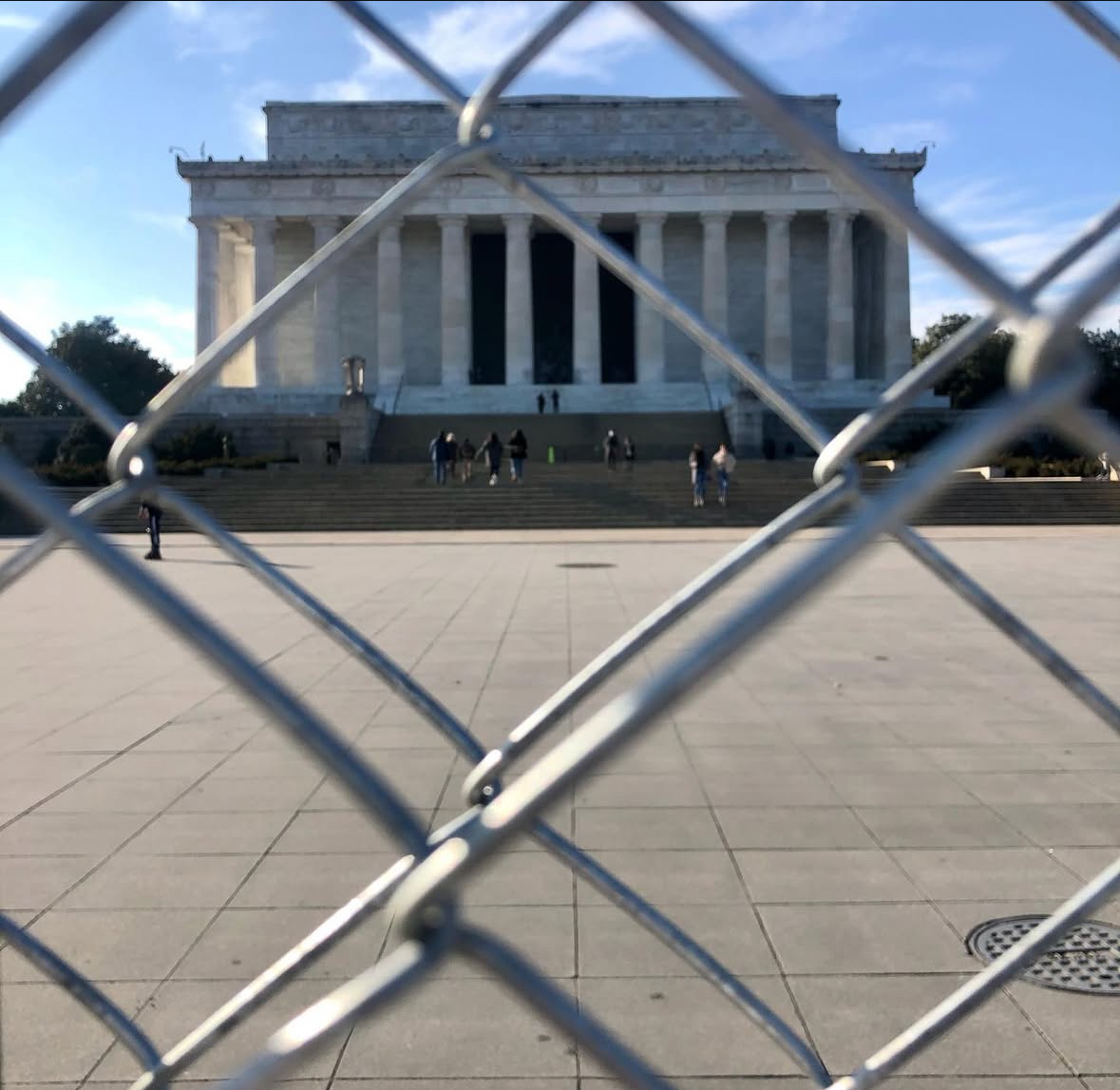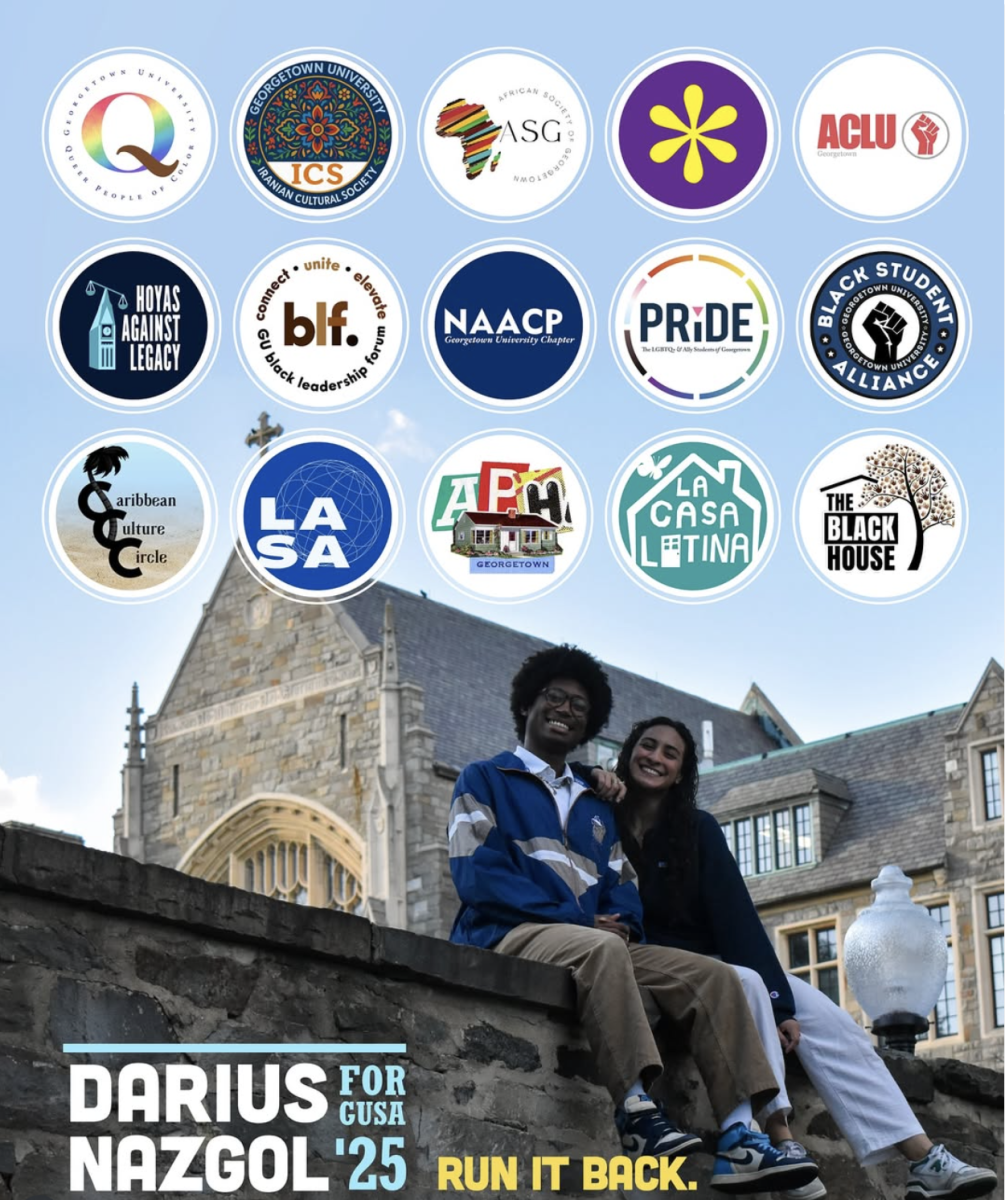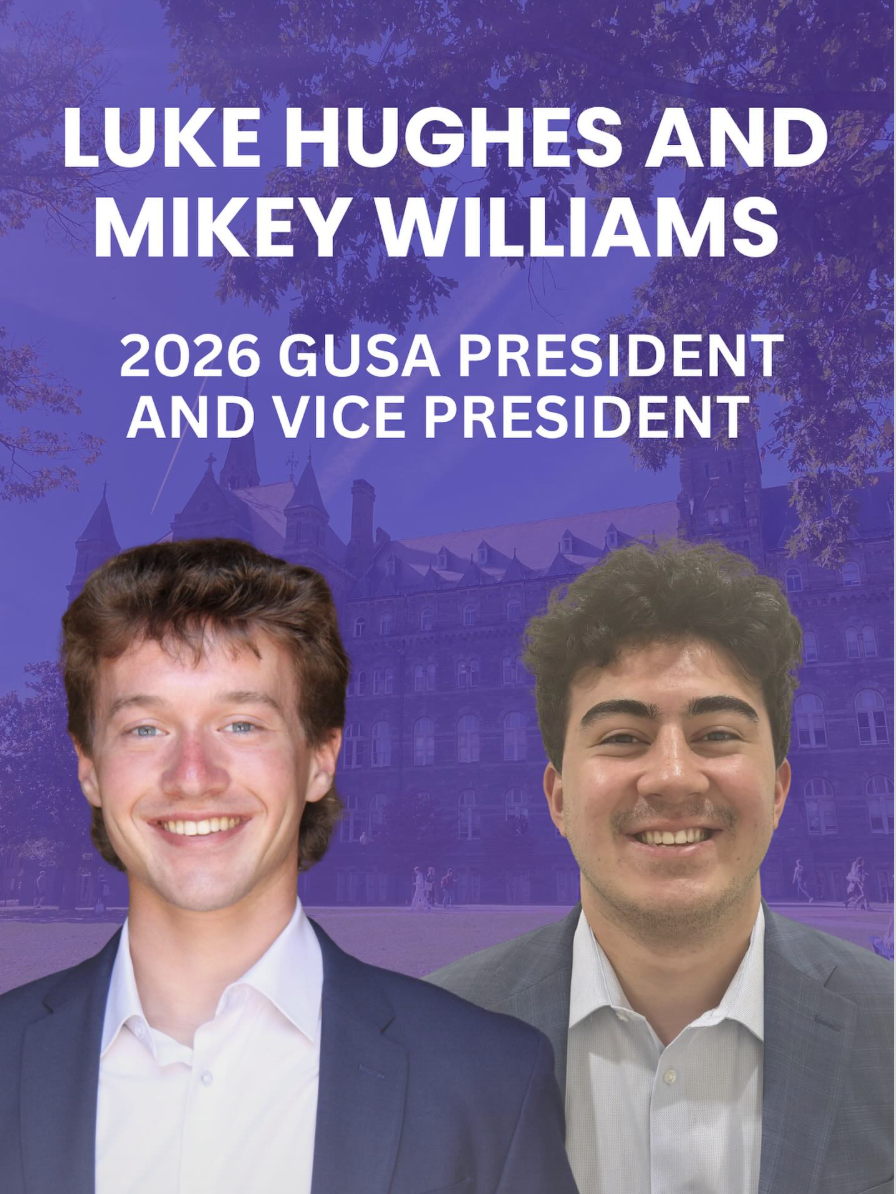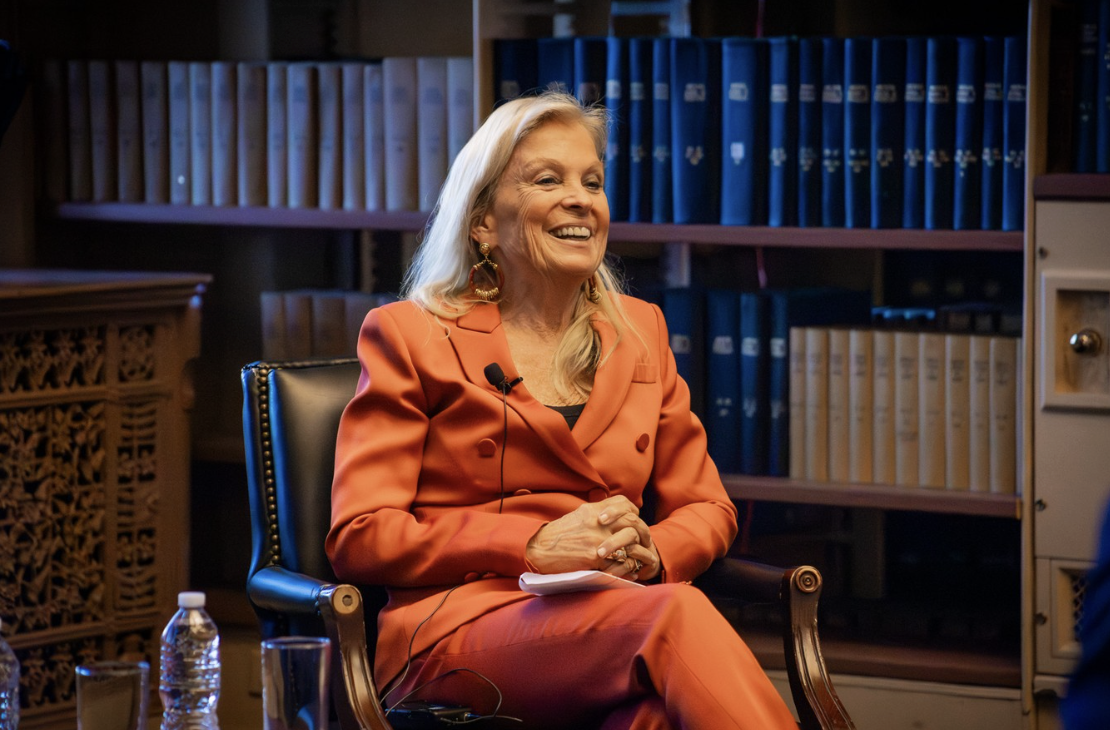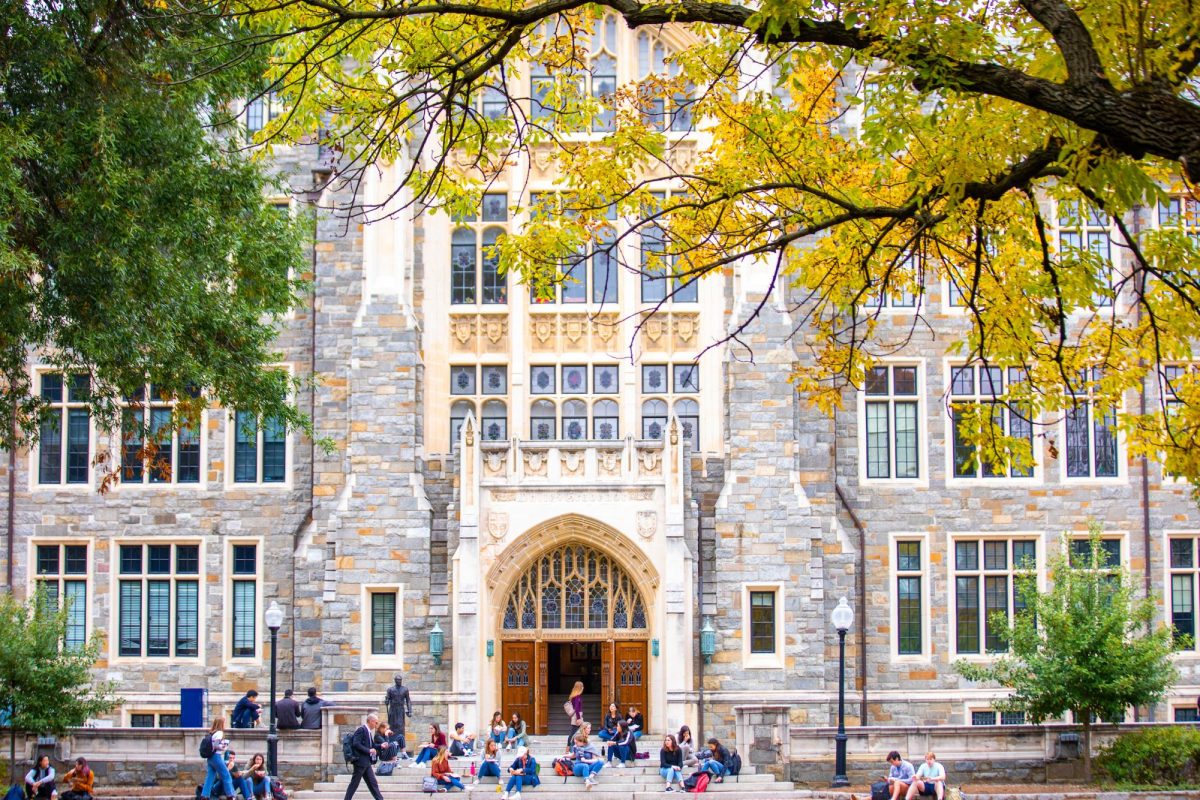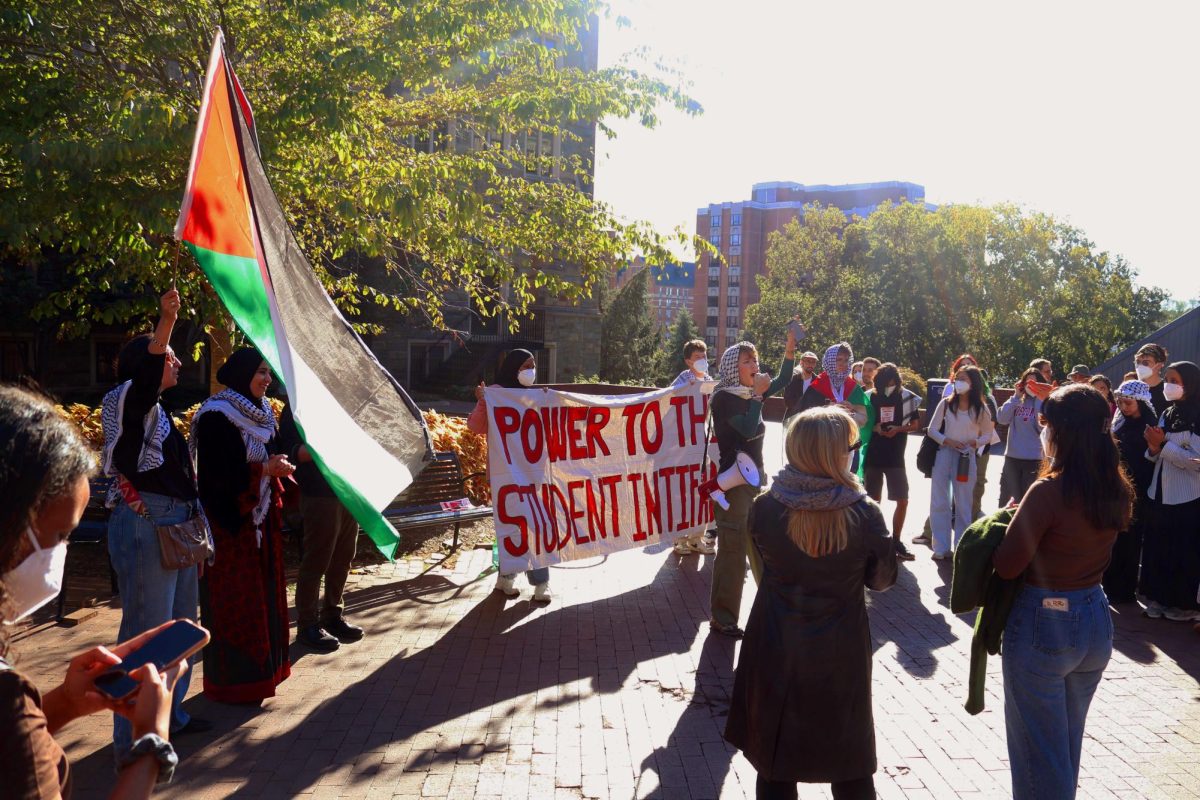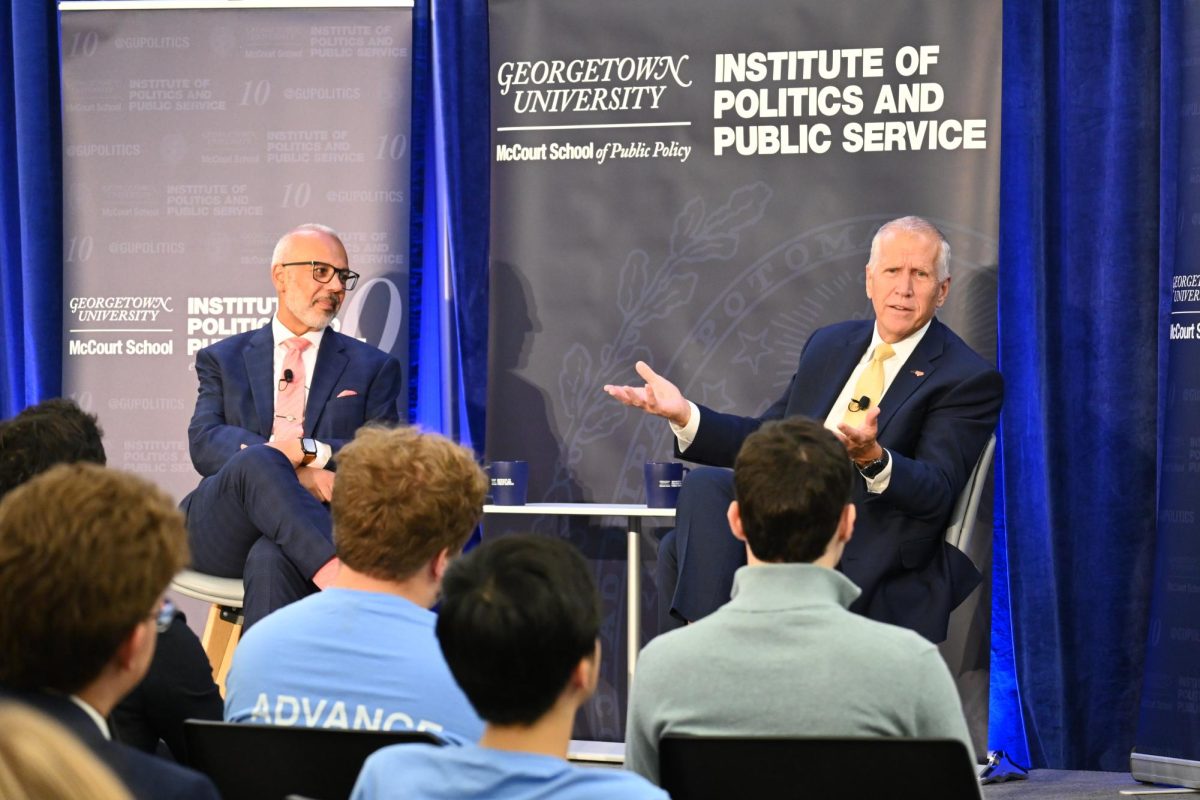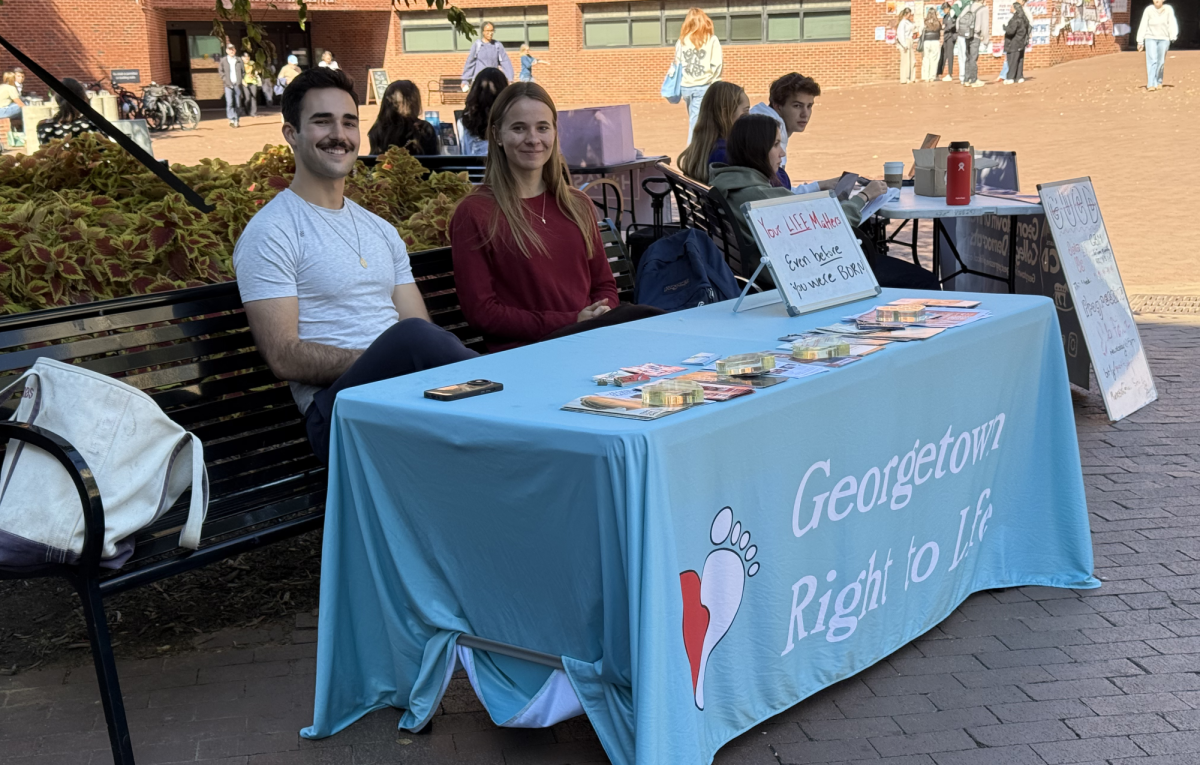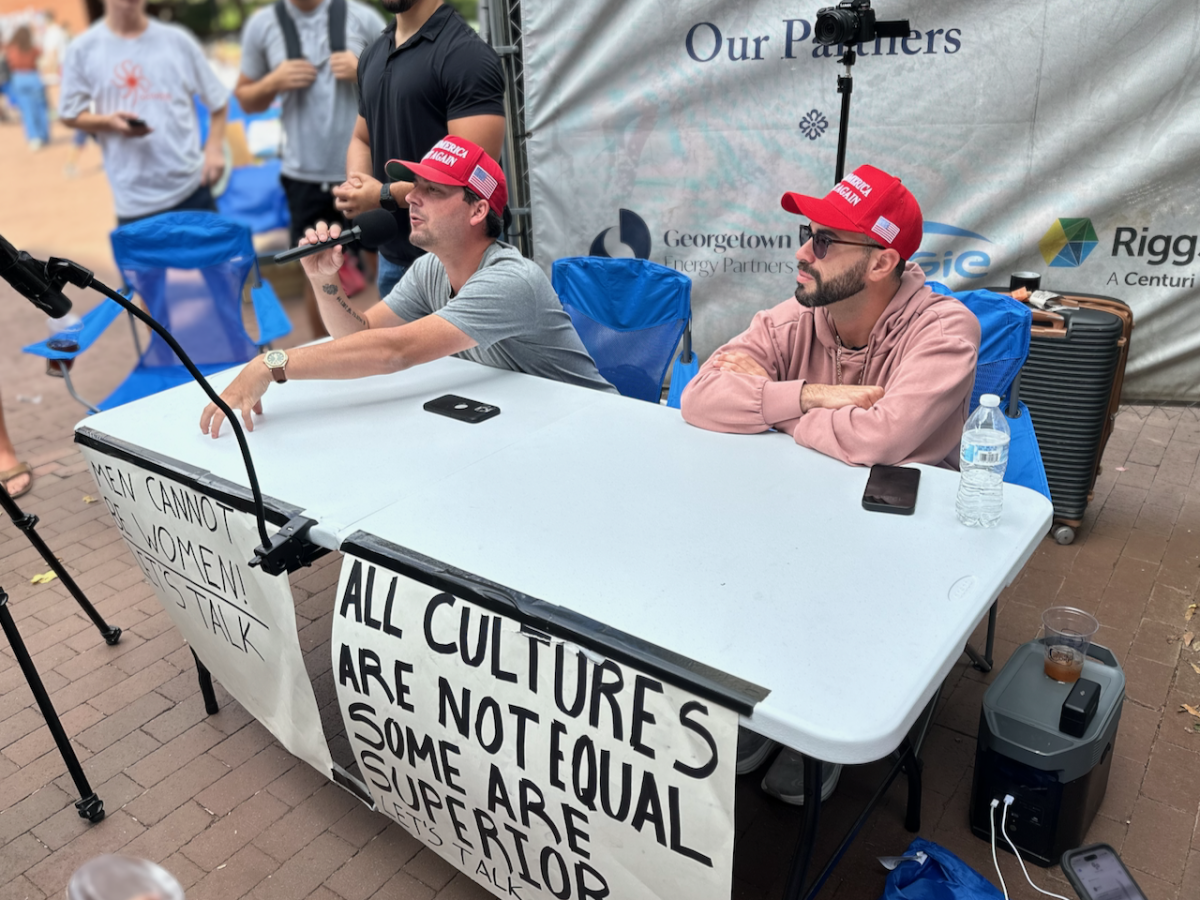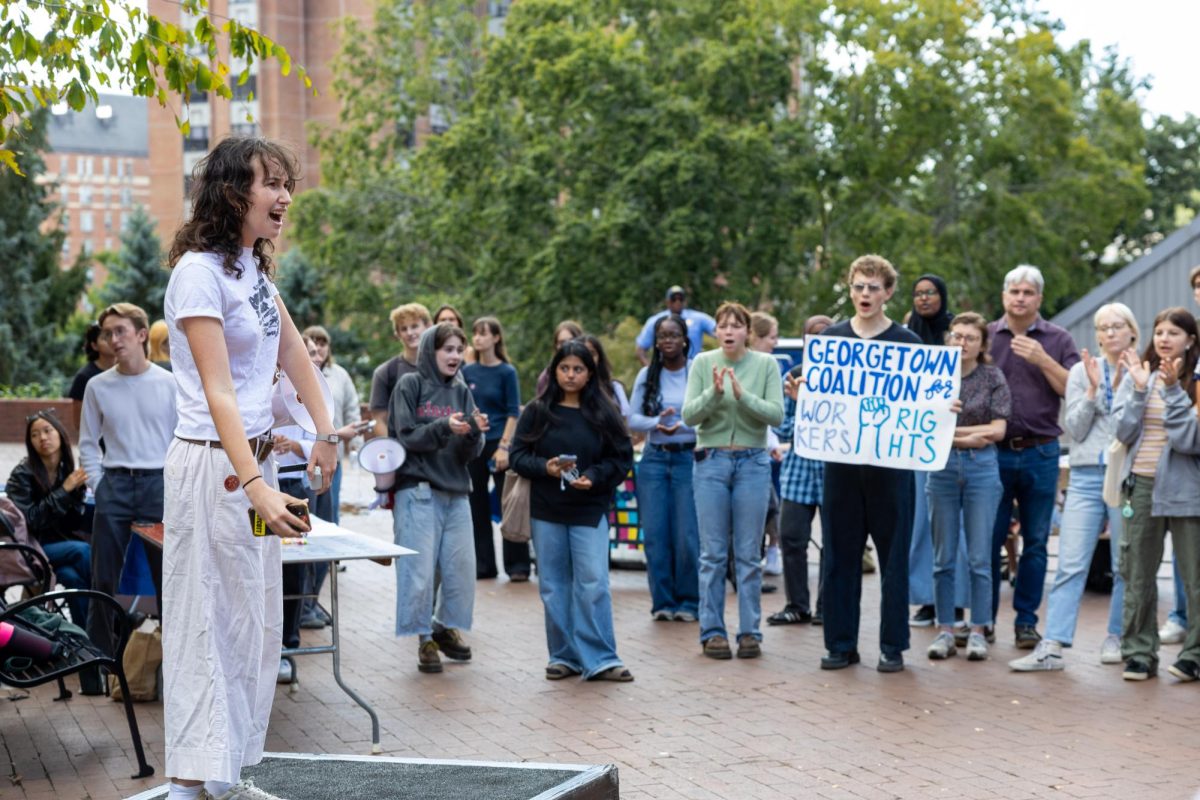As the United States Congress remains deadlocked in budget negotiations, Georgetown University community members who work in government and public service remain concerned about the impact of a shutdown if no agreement is reached by Oct. 1.
Democrats and Republicans in Congress must approve either the full budget or pass a short-term funding bill, known as a continuing resolution, when it returns to session Sept. 29. A shutdown would temporarily halt non-essential government services and place thousands of government employees on furlough, or temporary suspension of paid employment, the main concern for several students and faculty.
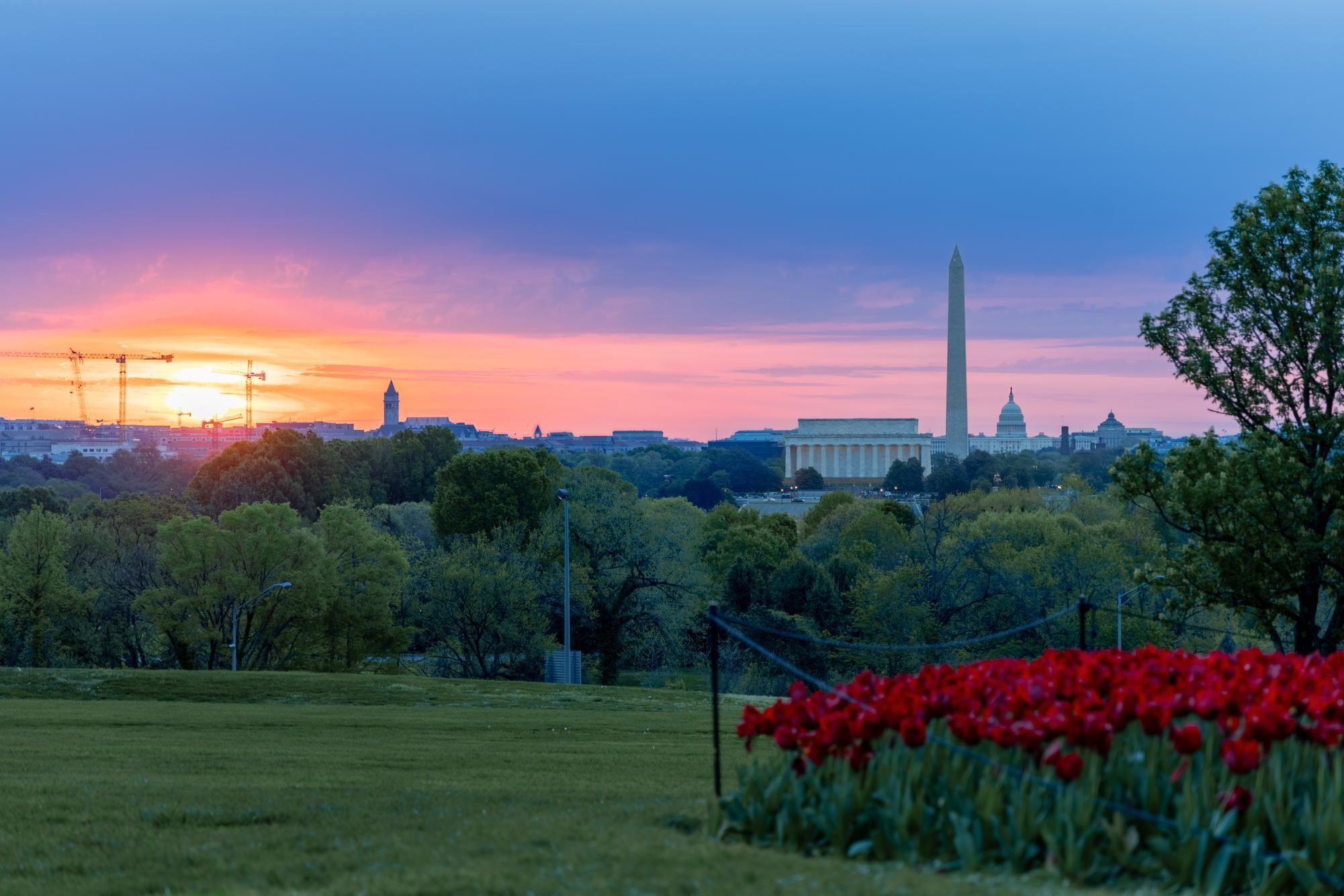
Shardul Krishna Kumar (CAS ’27), who is currently interning for Rep. Raja Krishnamoorthi (D-Ill.), said many of the constituents who call his office will lose key government resources during a shutdown.
“That just put much more of a direct, personal perspective on what this shutdown is really about,” Krishna Kumar told The Hoya. “Ultimately, it is about the millions of Americans who are living in a time of uncertainty where they don’t know if they can afford the most basic necessities of health care and food and so on.”
“That’s why my concern is the fact that Congress keeps on pushing the can down the road, which means that every few months there’s this hype-extended time of complete uncertainty and fear of losing the key benefits,” Kumar added. “It’s the question of ‘who are we really looking out for?’”
Democrats have committed to voting against any funding measure that does not maintain certain Affordable Care Act tax credits, and in the Senate blocked a stopgap measure that had passed the House on the same day, Sept. 19. On Sept. 23, President Donald Trump canceled a meeting with top Democrats to address the imminent shutdown.
While entitlement programs, such as Social Security and Medicare, will continue to send payments, and essential employees will continue to work without pay, most support systems and agency jobs will likely halt.
The White House also plans to direct agencies to consider permanently firing employees from projects that will lose funding Oct. 1 and that are “not consistent with the President’s priorities,” according to a draft internal memo obtained by Politico.
Matt Glassman, a senior fellow at Georgetown’s congressional training organization, the Government Affairs Institute (GAI), said that a government shutdown would threaten services across the U.S., including in Washington, D.C.
“A government shutdown makes all sorts of government services worse,” Glassman told The Hoya. “In any shutdown, you’re going to have agencies that are less responsive, as furloughed workers aren’t there, and so even a basic thing such as getting something from the government, like a passport or a visa application, you might find that call center employees are no longer working and you can’t get them.”
David Super, a Georgetown law professor specializing in administrative law and the budget process, said shutdowns are “destructive and indiscriminate” because they require the executive branch to suspend many important government functions by furloughing employees.
“Even if there are some such functions that remain, it shuts down so many more things, so many useful things,” Super told The Hoya. “They’re also very wasteful, because under permanent law, once appropriations are enacted, government workers are paid retroactively for the duration of the shutdown, so we get the same salary bill, but we miss out on their work.”
Katherine Whitfield (CAS, McCourt ’28), who is currently interning at the House Committee on Ways & Means, said a shutdown sidelines federal workers.
“I feel bad for the federal workers, who will, if this does end up shutting down, be having to go without pay and still have to work,” Whitfield told The Hoya. “I think that’s really unfair to them.”
Super said many workers designated as “essential” will face economic hardship because they are forced to work without a paycheck.
“Those people are required to keep coming to work even though they’re not being paid,” Super said. “So that means that a security guard on a Smithsonian Museum is effectively being required to donate their services to keep the museums from being broken into during the shutdown, and may have difficulty meeting their mortgage and feeding their family — all this over something that the security guard had no control over and no ability to avoid, which seems rather unfair.”
“They’re not in a position to solicit other job opportunities, so it’s going to get a lot of them in a jam with little ability to plan,” Super added.
Jenny Mattingley — vice president for government affairs at the Partnership for Public Service, a nonprofit advocating for good governance and federal workers — said federal employees are working in a “tough environment” since the shutdown would come after the Trump administration has severely cut down on the federal workforce.
“You’ve already got workers in government who are doing a lot of different jobs, a lot of work on their plates, and now they’re facing potential furloughs from a shutdown,” Mattingley said. “A lot of stress and a lot of potential to create backlogs in their work — it really changes the environment and the employee morale.”
Several Georgetown community members, such as Laura Blessing, a GAI fellow, are concerned about the broad impact of a shutdown on individuals nationwide, including Georgetown students.
Blessing said shutdowns impact all subsets of people across the country, noting programs such as Head Start, which provides early childhood education, will be put into jeopardy.
“There is some level of pain for different American citizens, whether their kids are in Head Start, or they have an immigration case that’s winding its way through the courts or, for D.C., if they want to get a marriage license,” Blessing told The Hoya. “During a shutdown, services might be interrupted in a way that would make them justifiably unhappy.”
Super said the university’s international community members could also face issues during the shutdown since many workers at the U.S. Department of State and embassies may be furloughed.
“They can need any number of things from the State Department, and those can’t get processed during a shutdown,” Super said. “Moreover, backlogs build up during shutdowns, which means that they may not get processed for quite a while after the shutdown ends.”
“Any number of seemingly minor issues — but for the individual involved, quite vital functions get put on hold,” Super added.
Christopher Warshaw, a professor at the McCourt School of Public Policy, said Georgetown students should understand that the shutdown could significantly impact the nation’s immediate political future.
“It’s an illustration of the polarization in our political system,” Warshaw told The Hoya. “It’s sad. It’s an unfortunate case study into the dysfunction in the federal government.”
Kanmani Duraikkannan (CAS ’26), a Georgetown student who won a prestigious public service award in April, said the dangers of a shutdown make her concerned about a future in public service.
“It’s making me think more about what public service actually means to me or what it can realistically mean when I need a job and money to continue,” Duraikkannan wrote to The Hoya. “I thought I’d know exactly what I wanted to do my senior year, but it’s all open ended now.”
“Students are feeling less and less represented by those in power, I think this will just aggravate that feeling,” she added. “The paths we dreamed of don’t look the same anymore.”
Whitfield said that, despite the shutdown, she remains passionate about a career in public service and government.
“We need to figure out how to come together on issues that are so fundamental — as fundamental as giving health care to people and helping people afford it,” Whitfield said. “That shouldn’t be a question, and that shouldn’t be a fight.”



